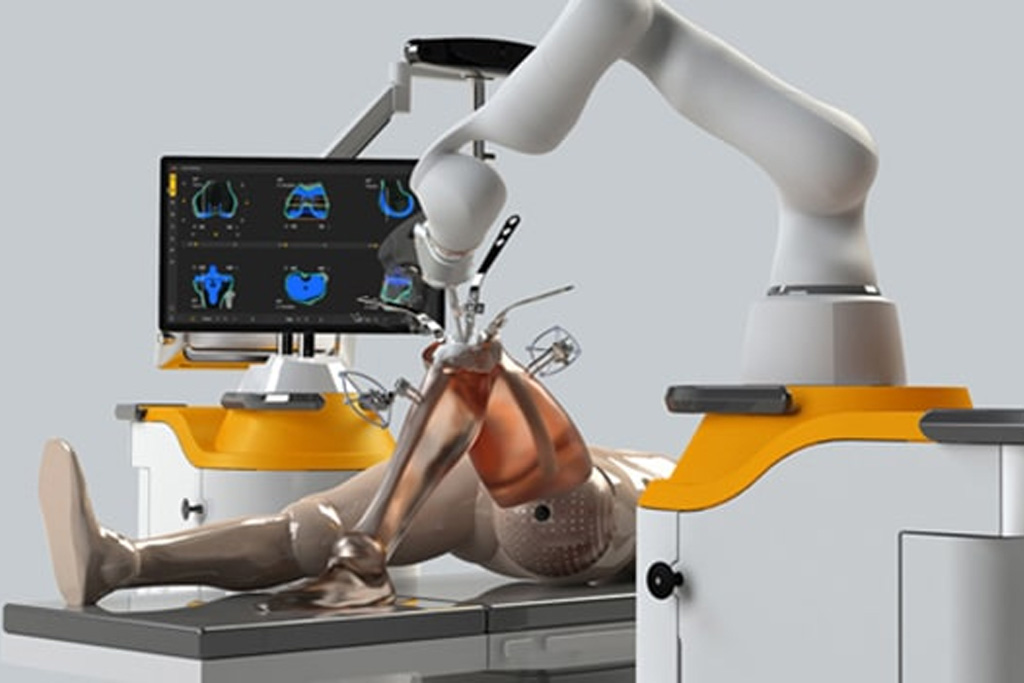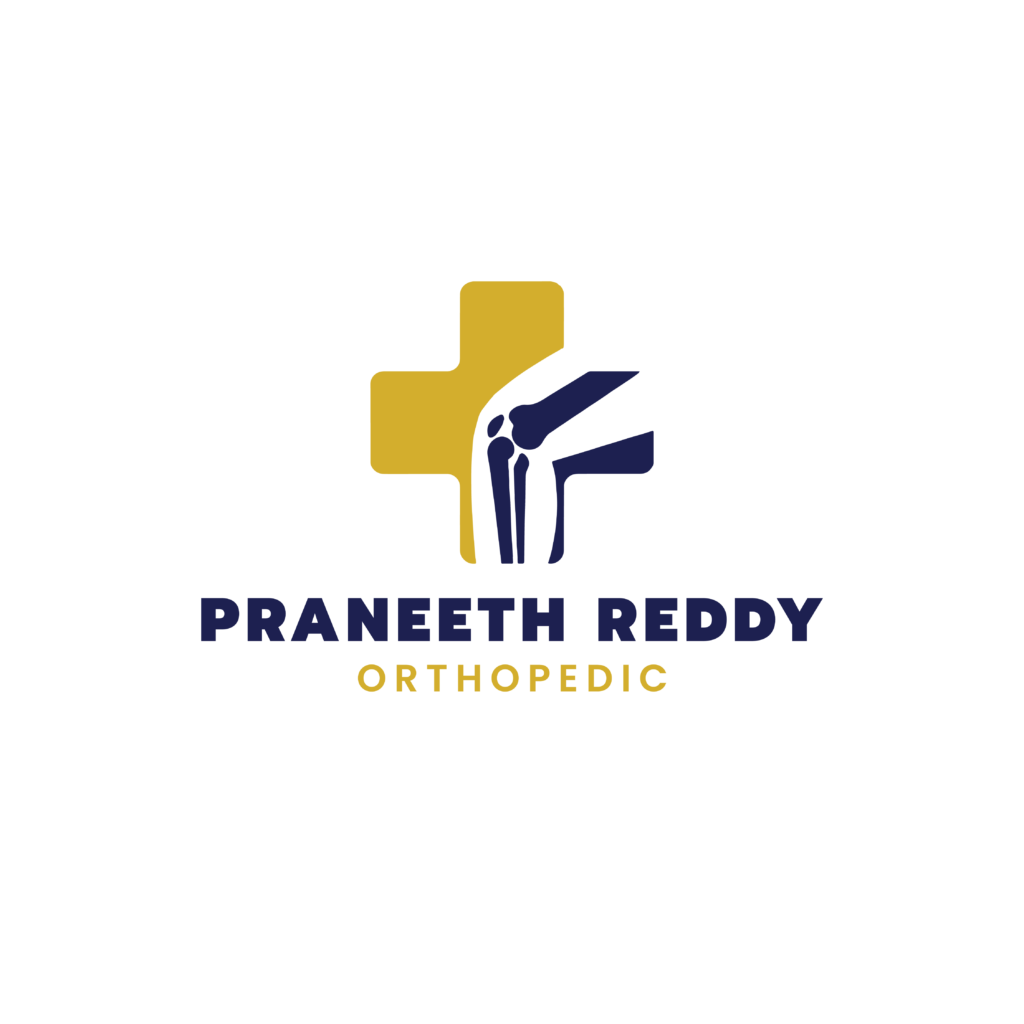In the ever-evolving landscape of healthcare, technological advancements continue to push the boundaries of what’s possible. One such innovation that has taken center stage is the integration of robotics and computer-assisted surgery. These cutting-edge technologies are transforming the way surgeries are performed, offering a multitude of benefits for patients and healthcare professionals alike.

1. Precision and Accuracy
Robotics and computer-assisted surgery systems are designed to enhance the precision and accuracy of medical procedures. Surgeons can now perform complex surgeries with unmatched precision, reducing the risk of human error. Robotic arms equipped with specialized tools can maneuver with incredible dexterity, even in hard-to-reach areas of the body. This level of accuracy is particularly crucial in delicate procedures such as neurosurgery and minimally invasive surgeries where precision is paramount for patient safety and successful outcomes.
2. Minimally Invasive Procedures
One of the most significant advancements in surgery is the widespread adoption of minimally invasive techniques made possible by robotics and computer assistance. These procedures, often referred to as “keyhole surgeries,” involve smaller incisions, resulting in reduced scarring, shorter recovery times, and less postoperative pain. Robotic systems provide surgeons with 3D visualization and enhanced control, enabling them to perform intricate tasks with minimal disruption to the patient’s body. Patients benefit from shorter hospital stays and quicker returns to their daily lives, thanks to these minimally invasive approaches.
3. Surgeon Training and Skill Enhancement
Robotic and computer-assisted surgery systems are not only beneficial for patients but also for the training and skill development of surgeons. These technologies offer a controlled environment where surgeons can practice and refine their techniques before performing procedures on actual patients. The systems provide real-time feedback and guidance, allowing surgeons to continually improve their skills. This aspect is particularly valuable in ensuring that patients receive the highest quality care from well-trained professionals.
4. Improved Patient Outcomes
Perhaps the most compelling aspect of robotics and computer-assisted surgery is the potential for significantly improved patient outcomes. The combination of precision, minimally invasive techniques, and enhanced surgeon training leads to reduced complications, shorter recovery times, and faster return to normal activities. Patients often experience less pain and a reduced risk of infection. Moreover, these technologies can make surgeries feasible for individuals who might not have been candidates for traditional open procedures, expanding access to life-saving treatments.
In conclusion, the integration of robotics and computer-assisted surgery into the field of medicine represents a monumental leap forward in healthcare. These technologies offer precision, enable minimally invasive procedures, support surgeon training, and, most importantly, lead to improved patient outcomes. As technology continues to advance, it is likely that we will see even more innovative applications of robotics and computer assistance in healthcare, further revolutionizing the way we approach surgery and patient care. This exciting evolution promises a brighter and healthier future for patients around the world.
Embark on a journey to well-being with Dr. Praneeth Reddy! For consultations and transformative orthopedic care, reach out at +91 9491313510 or drop a message at cvpr.ortho@gmail.com. Your path to health and vitality begins here, where expertise meets compassion. Trust in a brighter, pain-free tomorrow with Dr. Praneeth Reddy.
FAQ's
Robotics and computer-assisted surgery is a type of surgery that utilizes advanced technology, such as robots and computer systems, to assist in performing surgical procedures.
In this type of surgery, the surgeon controls specialized robotic instruments with the help of a computer system.
Some of the benefits include increased precision and accuracy, smaller incisions, reduced risk of complications, shorter recovery time, and less pain and scarring for the patient.
Surgeries include minimally invasive procedures, cardiac surgery, neurosurgery, orthopedic surgery, and more.
Dr. Praneeth Reddy is known as a reliable specialist performing the surgery. Do contact him for more consultation and treatment action plan.

